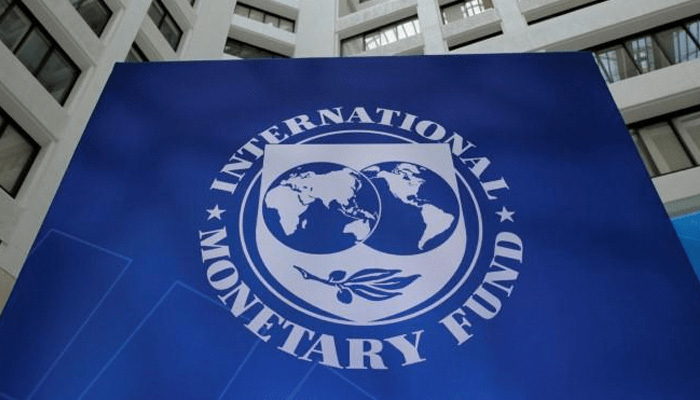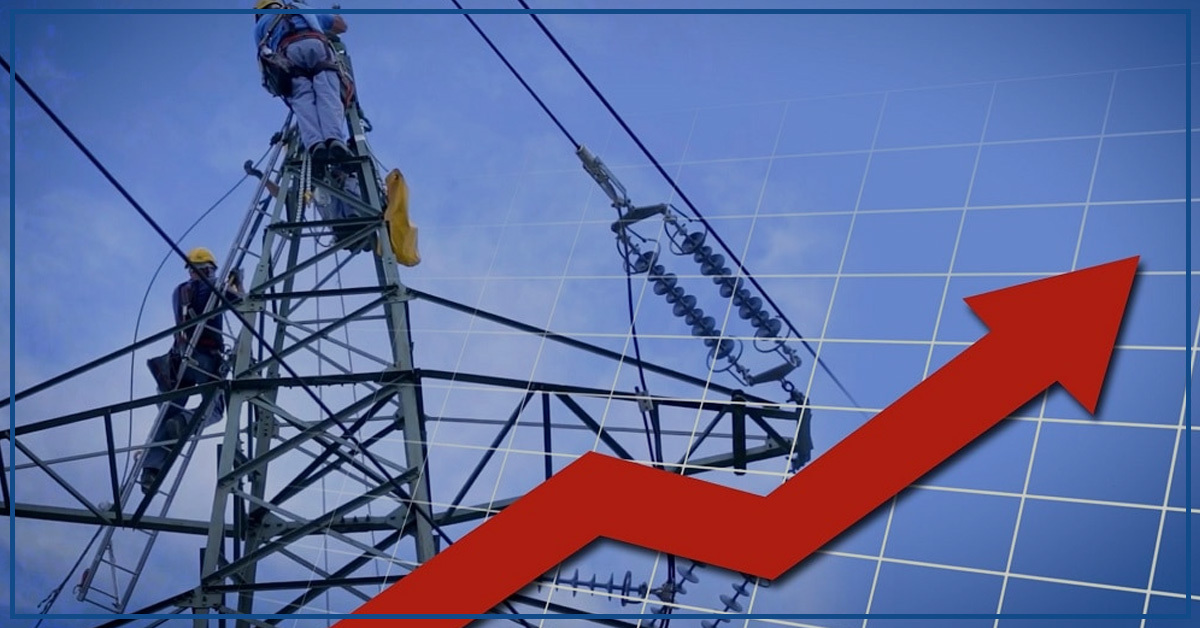In a recent development that has significant implications for consumers and industries alike, the International Monetary Fund (IMF) has officially confirmed its approval for an increase in power tariffs. This decision, ratified after thorough deliberation, marks a pivotal moment in the energy sector, prompting a cascade of reactions and discussions across various strata of society.
The decision to approve the increase in power tariffs stems from a comprehensive analysis of various economic factors and trends. IMF’s primary objective is to foster sustainable economic growth while ensuring the stability of essential sectors such as energy. The rationale behind this move lies in addressing the pressing need for infrastructure investment and modernization, which are paramount for enhancing energy accessibility, reliability, and efficiency.
For consumers, particularly households and small businesses, the approved increase in power tariffs may translate into higher utility bills. While this could pose a short-term challenge, it’s essential to recognize the long-term benefits associated with infrastructure development and improved service quality. Additionally, measures can be implemented to mitigate the immediate financial burden on vulnerable demographics through targeted subsidies and assistance programs.

The IMF’s confirmation of the power tariff increase underscores the importance of coherent policy frameworks and effective regulatory mechanisms. Governments and regulatory bodies must collaborate closely to ensure that the transition towards revised power tariffs is managed judiciously, balancing the imperatives of economic growth, social equity, and environmental sustainability. Transparent communication and stakeholder engagement are pivotal in garnering support for policy initiatives and fostering trust in regulatory institutions.
Amidst the discourse surrounding power tariff increases, there emerges a unique opportunity to accelerate the transition towards sustainable energy sources. Investments in renewable energy infrastructure, coupled with advancements in technology and innovation, can pave the way for a greener and more resilient energy ecosystem. By prioritizing sustainability and decarbonization, nations can align their energy policies with broader environmental objectives while mitigating the adverse effects of climate change.
The IMF’s confirmation of the power tariff increase heralds a new chapter in the evolution of the global energy landscape. While the decision may elicit varied responses, it’s imperative to contextualize it within the broader imperative of fostering economic prosperity and sustainability. By embracing innovation, collaboration, and foresight, stakeholders can navigate the challenges posed by power tariff adjustments while unlocking opportunities for transformative change.





